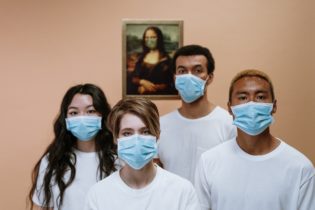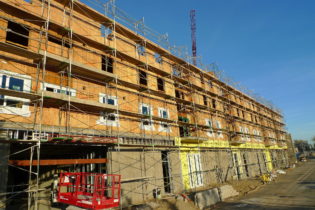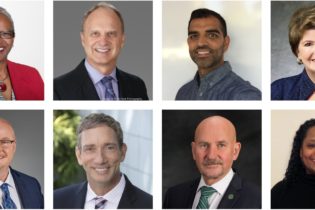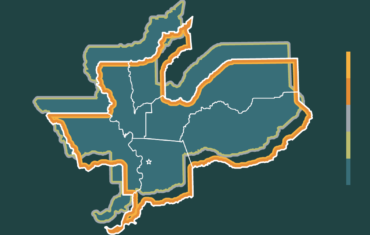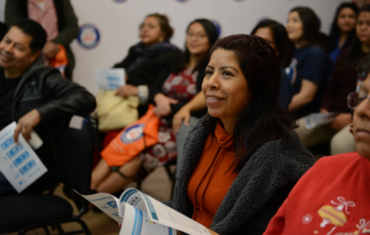The COVID-19 Resilience Poll (2020)
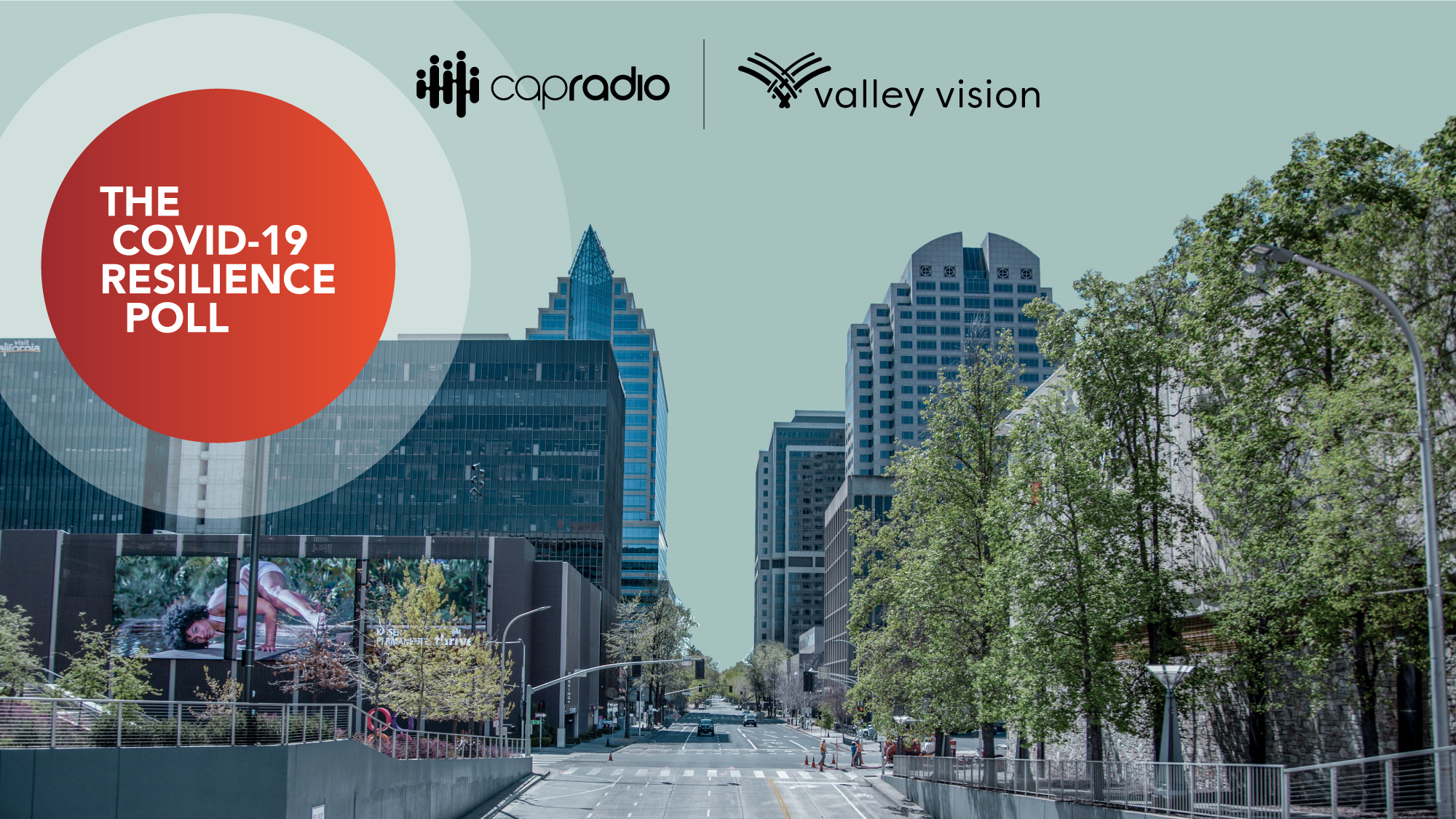
The COVID-19 Resilience Poll tracks the experiences, perceptions, concerns, and hopes of people in the Capital region through the early stages of the COVID-19 pandemic including the health impacts and fears, the experiences through the shelter in place order, and the economic fallout from the pandemic. This public opinion poll was in the field May 12-27, 2020, and is demographically representative of the Capital region, encompassing eight counties, including Sacramento, Yolo, El Dorado, Placer, Yuba, Sutter, Solano and San Joaquin counties. The margin of error is plus or minus three percent.
This poll paints a picture of the many ways that COVID-19 is impacting our region. This is also the first in a series of polls that Valley Vision and CapRadio will field, in partnership with the Institute for Social Research at Sac State. These surveys will help us understand and navigate the challenges ahead as we aim to not just understand the impacts and recover from the setbacks of COVID-19, but also reimagine a more equitable, sustainable, and just future. You can also access CapRadio’s coverage of the poll at capradio.org/resilience.
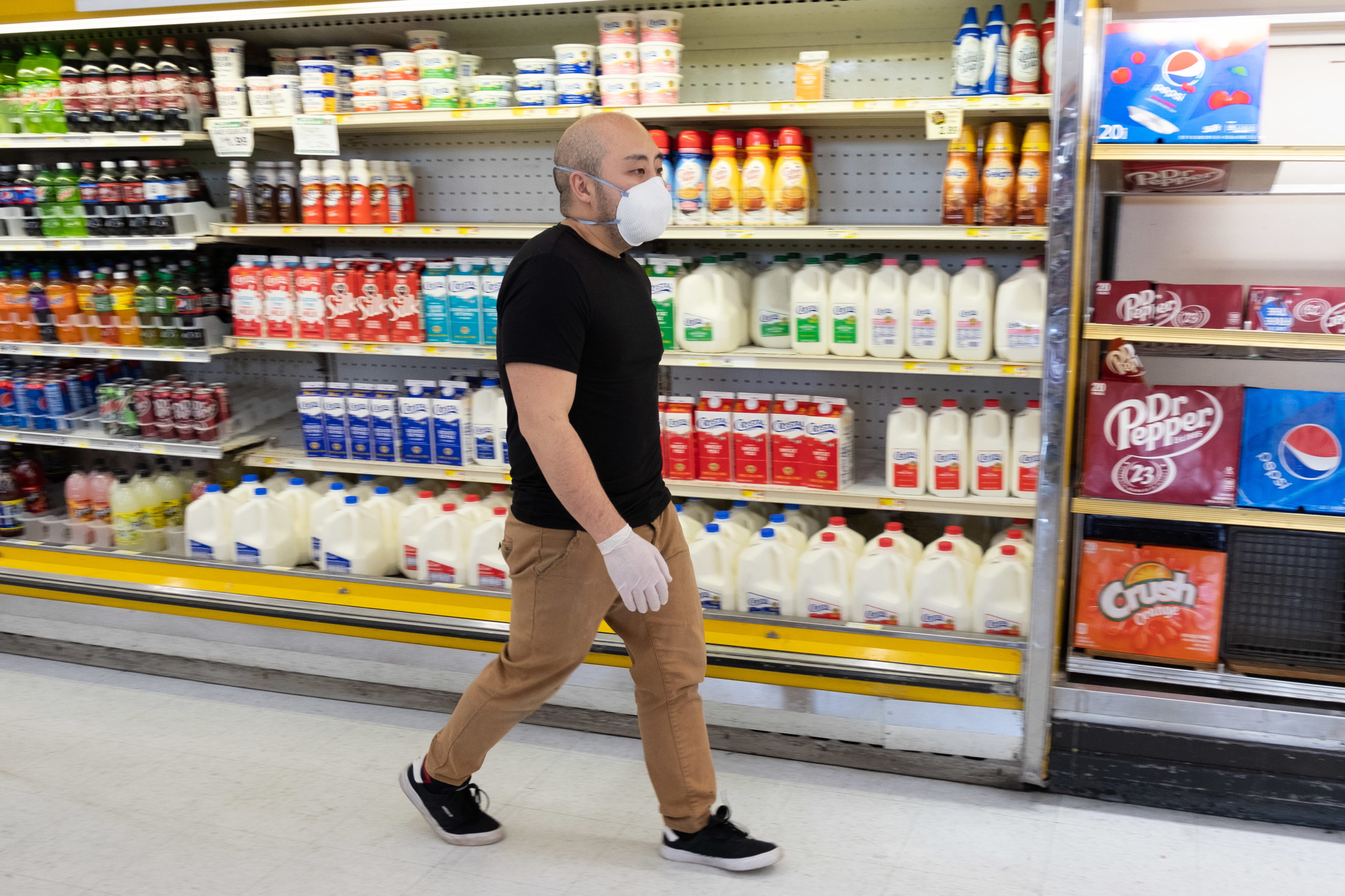
We found that COVID-19 has severely impacted the people in our communities – including their mental, physical, and emotional health; their daily life and routines, and their economic security.

There are deep disparities of the intensity of concern and impact across different populations, with Black and Hispanic respondents feeling the impacts more severely.
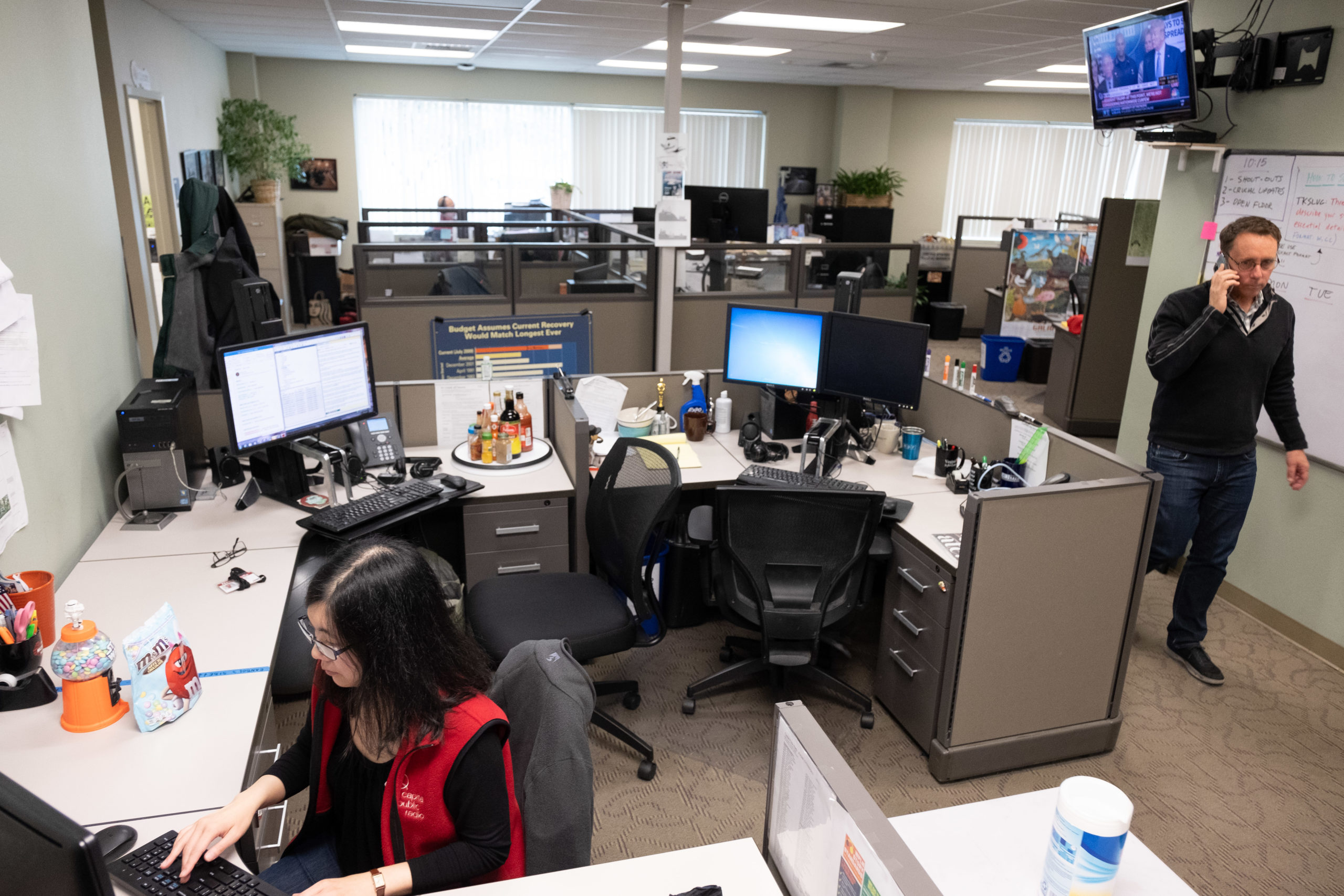
Nearly half of respondents have lost income and about a third are struggling to afford basic needs including rent or mortgage, bills, and paying down debt.

Many respondents are working remotely as a result of COVID-19 – however those in higher incomes were more likely to go remote and were more likely to have already been working remotely.
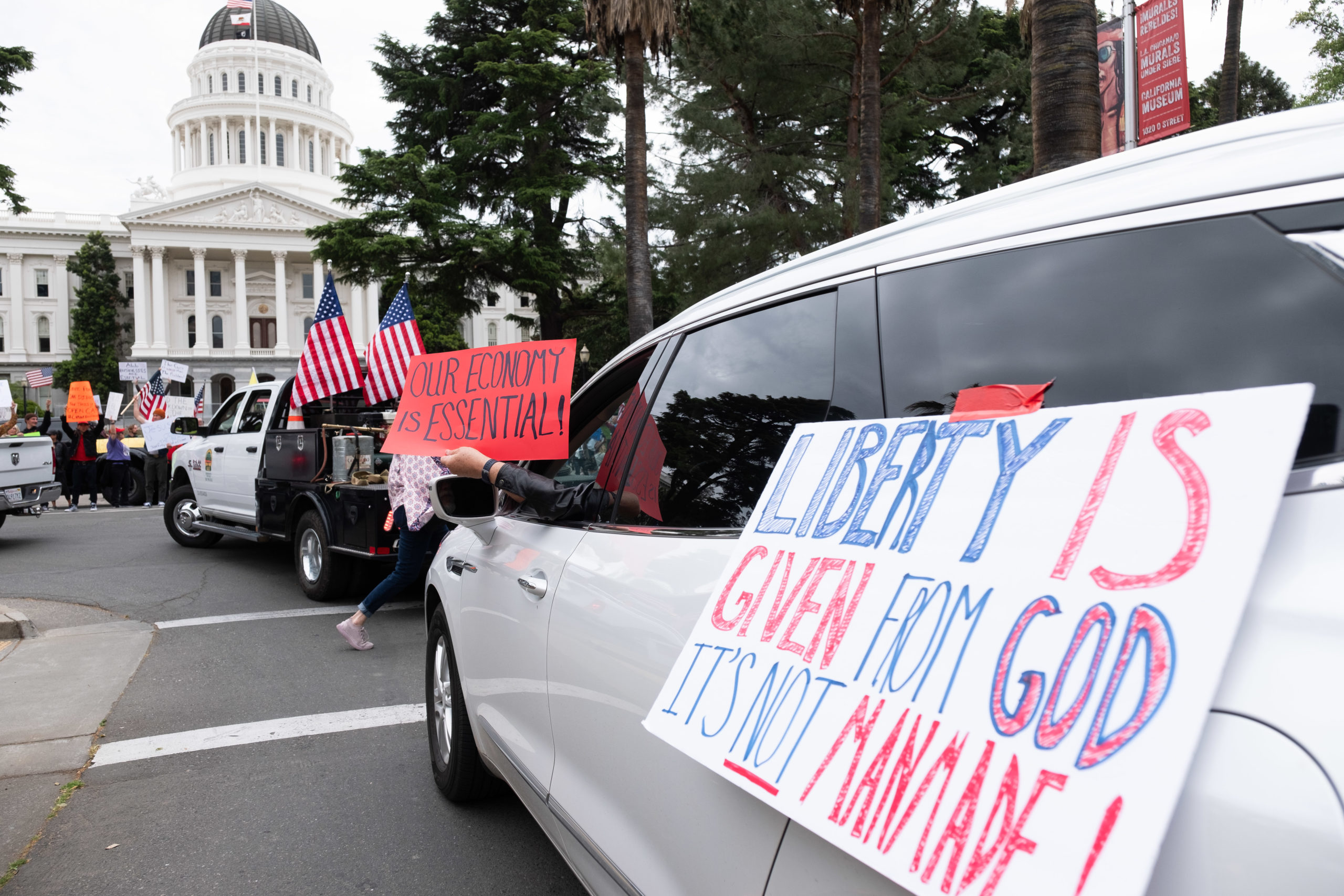
There is also a significant political dimension in the region and many respondents are critical of leadership – whether it is because they think that leadership has failed to deliver an effective response or because they think the response is overblown and creating more harm.
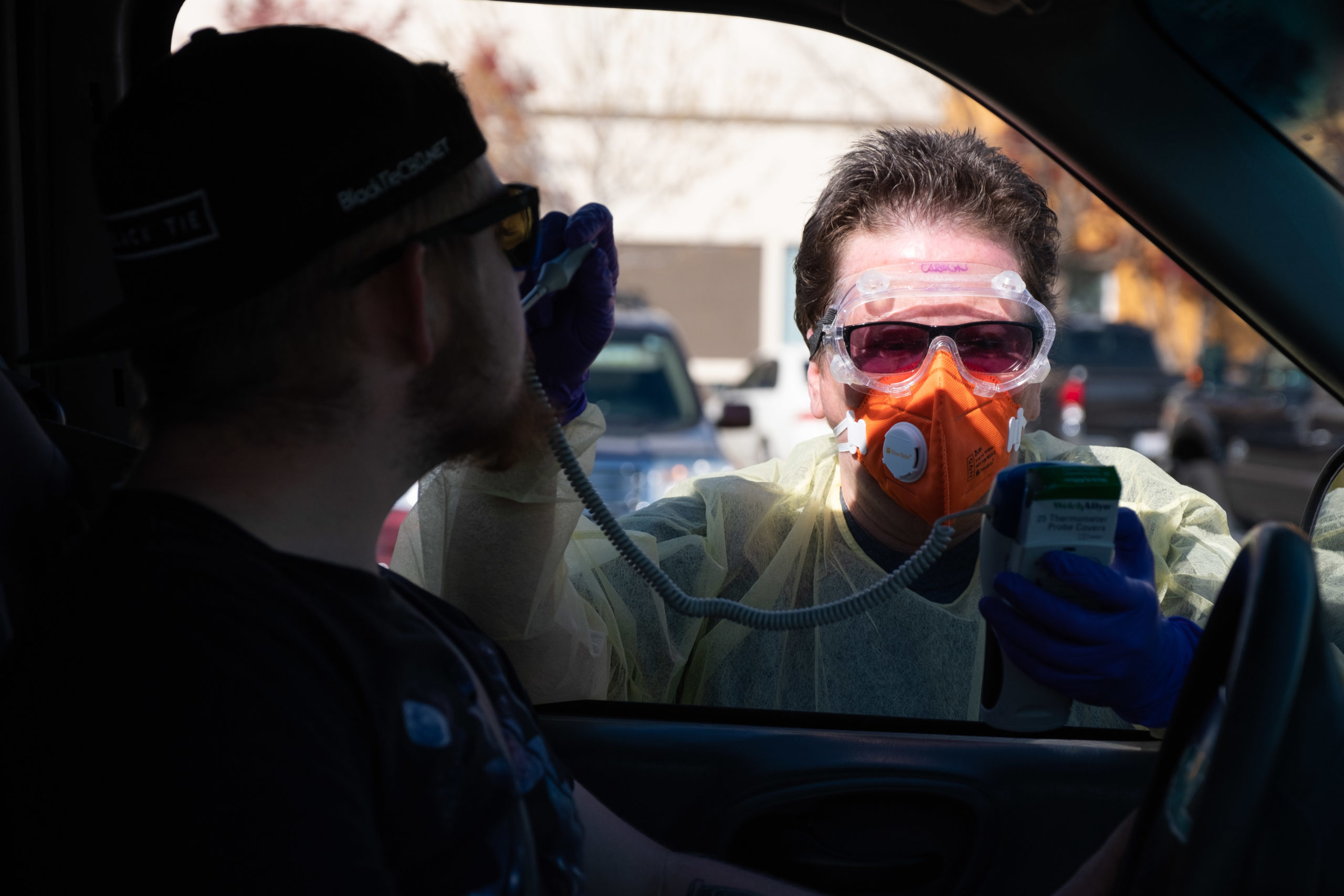
Respondents’ most significant worries included continued illness, spread of disease and the impact on the economy.
Photo credit: Andrew Nixon/CapRadio
